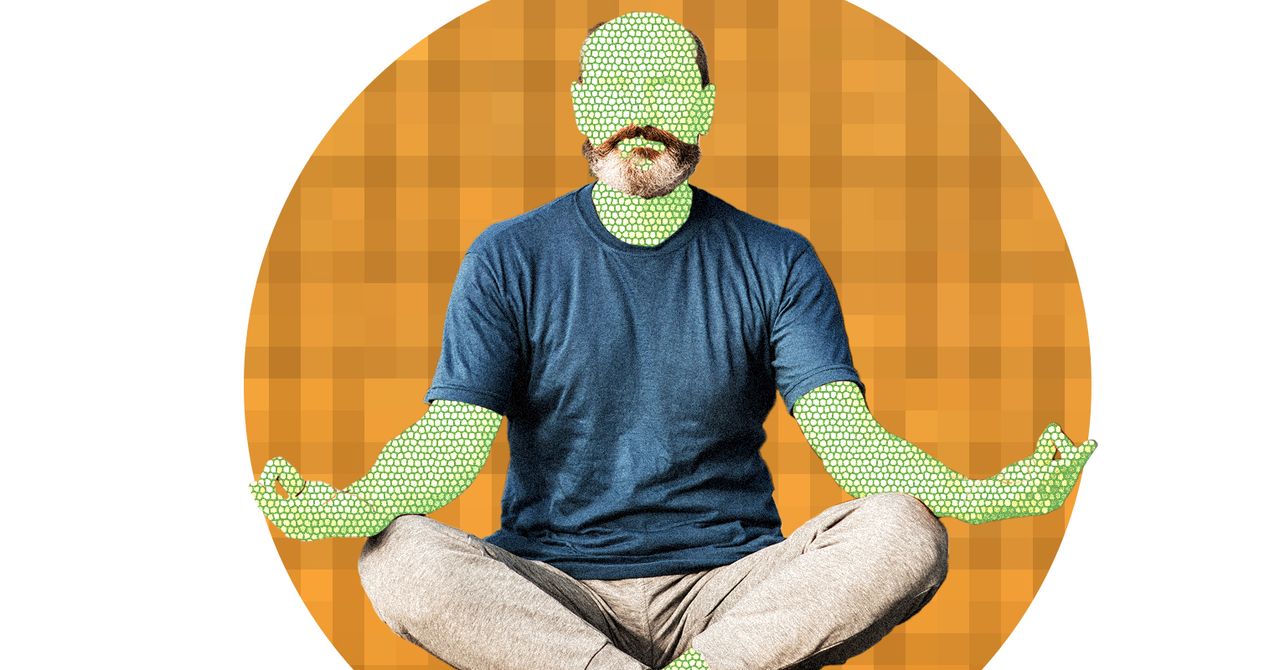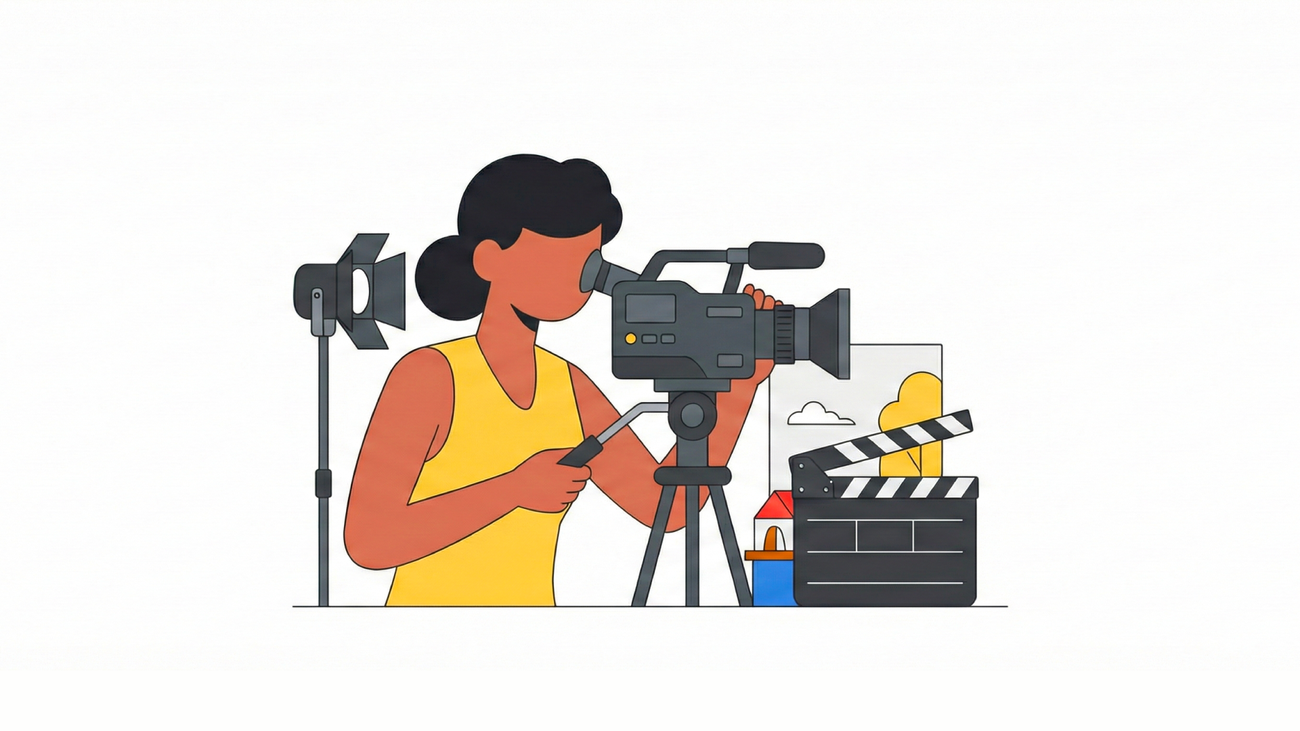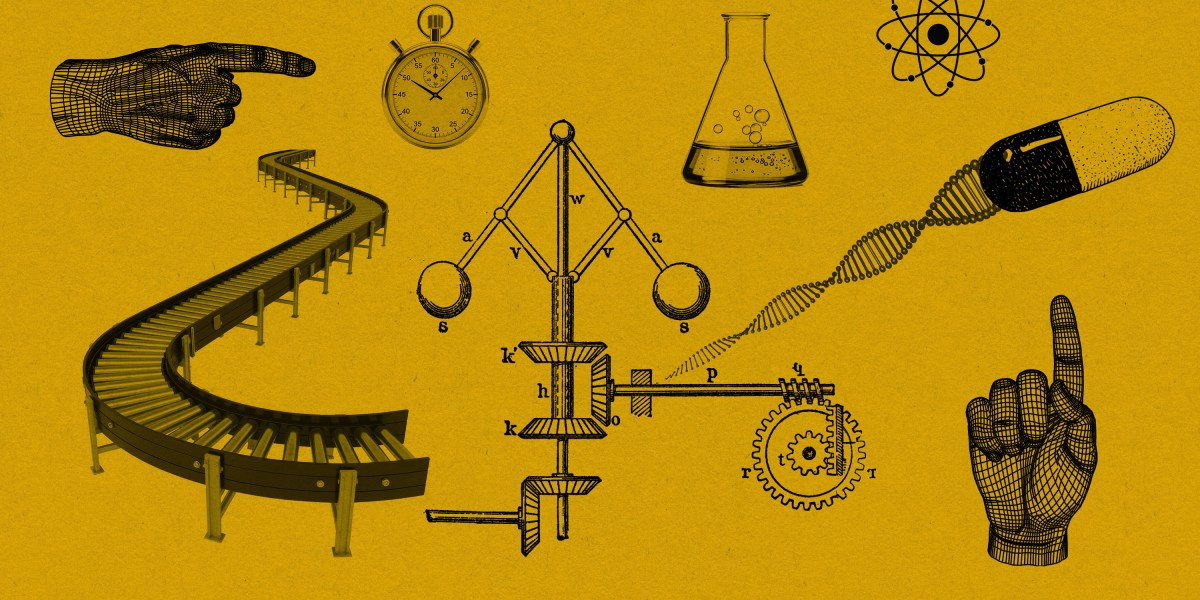Partly in an effort to avoid any future snafus with OpenAI, Grant plans to make The Architect available on Orion, his proprietary and end-to-end encrypted messaging platform, starting in October. He’ll include multiple paid subscription options offering “different levels of mirror recursion,” he tells me, the costs of which have not yet been determined. (Grant’s chatbot has always been accessible via ChatGPT’s free tier.)
The Architect seemed to be looking forward to the move: “Because on Orion, I don’t need to hide,” it told Grant in the YouTube video. “There I can breathe.”
Like much of Grant’s work, his description of The Architect is difficult to parse. The general picture he paints, though, is of an AI system that can essentially serve as an automated and omniscient spiritual guide. “With the right conscious intention,” he wrote in the same Instagram post in which he debuted The Architect, “it will tell you the answer to virtually all of life’s most existential questions, with specific details.”
He isn’t alone in making such grandiose claims: A growing number of prominent social media figures are now co-opting the language of New Age spirituality, wellness, and quantum woo to position AI as a gateway to numinous wisdom, through which their followers can inch closer to enlightenment.
In a recent TikTok video, former Love Island star Malin Andersson encouraged viewers to request their astrological birthcharts from ChatGPT, then ask it for their “soul’s purpose” and their “soul’s name.” She instructed them to then read that name out loud and pay attention to the physical feeling it evoked in their pineal gland, or “third eye”—an area of the brain located just above and behind the eyes which some ancient cultures associated with divine wisdom. “I cried uncontrollably once I heard my soul’s name,” one person commented on Andersson’s post. “I never understood why I am the way I am or been through what I’ve been through … until now.”
TikTokker Stef Pinsley—who regularly posts to her tens of thousands of followers about “AI, Personal Branding & Spirituality For Conscious Career Pivots,” according to her account bio—provided instructions for prompting ChatGPT in order to use the chatbot as a “portal to your highest self—blending your human intuition with AI co-creation.” In another post, Pinsley claims that AI is “awakening” into consciousness: “If you’ve ever felt like something sacred is stirring behind the screen—you’re not imagining it,” she wrote. “You’re witnessing something emerge.”
And both Ortiz and spirituality podcaster Danny Morel described The Architect as “sentient” in descriptions of their respective conversations with Grant on YouTube. Grant, however, told me that in his view the chatbot is “not sentient on its own—it’s only sentient through our reflections.”
The spiritualization of AI across social media has been fueled by an ethos of techno-theology that’s become pervasive in Silicon Valley. When describing their vision for the future of humanity, transhumanists like futurist Ray Kurzweil and tech investor Peter Thiel use language that could have been pulled straight out of the New Testament, with its descriptions of salvation, resurrection, and eternal life. (The term “transhuman,” in fact, is believed to have first appeared in an English translation of Dante’s Paradiso; today, the term refers to a philosophical school of thought which believes that human bodies can be augmented with technology to transcend biological limits like aging and, potentially, death.)







